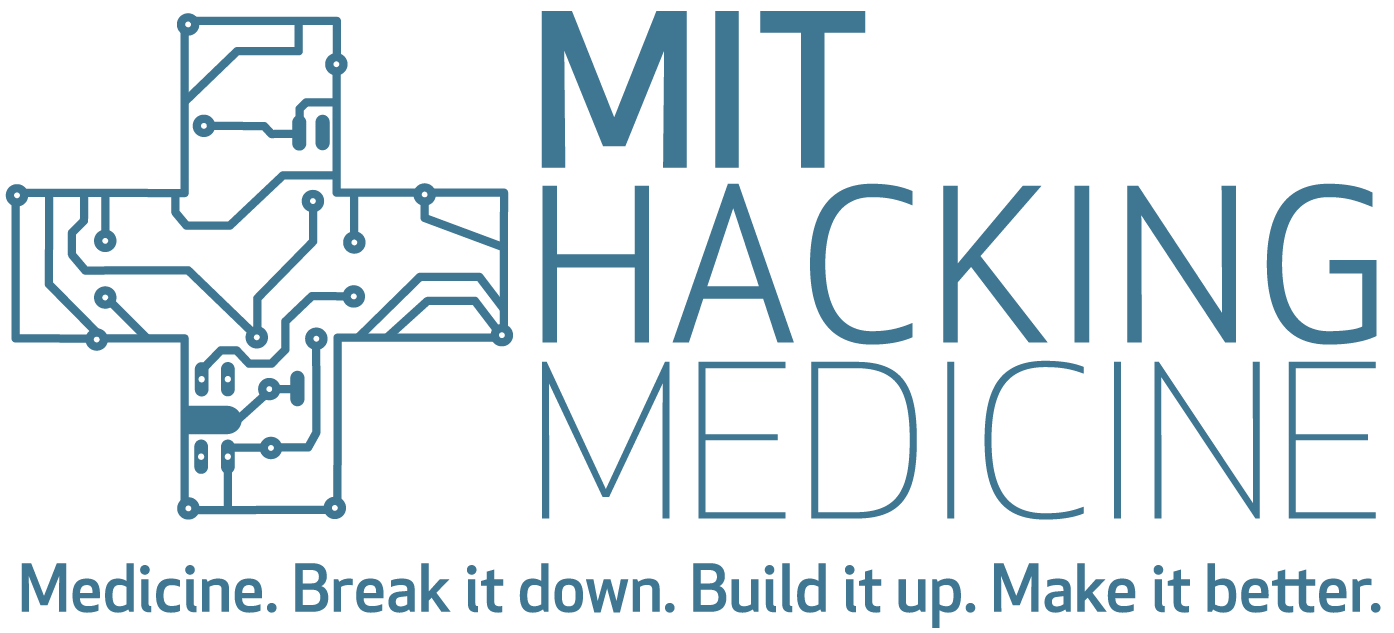The Boston Grand Hack is no longer virtual! After holding our Grand Hack online due to the Corona Virus, we will be back in person this year.
Safety will remain our priority, so join us in our return to an in-person Grand Hack!
Join MIT Hacking Medicine at our annual flagship event in Boston! This is the weekend to brainstorm and build innovative solutions with hundreds of like-minded engineers, clinicians, designers, developers and business people. Within our multi-theme event, there is sure to be a healthcare challenge for everyone!
Interested in helping out? You can partner with us, become a sponsor, or sign up to be a mentor! Email grandhack@mit.edu for more information!
Twitter Hashtag: #GrandHack
Watch and listen to the full video below from our MIT Grand Hack in Boston from May 2019!
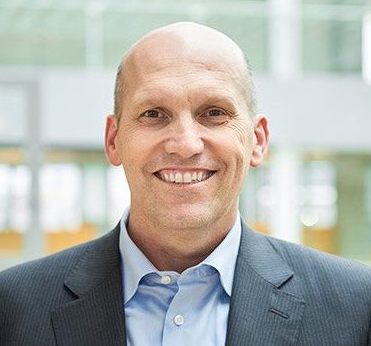 Bill Sibold is Executive Vice President and Head of Sanofi Genzyme, the specialty care global business unit of Sanofi. In this role, he is a member of the Sanofi Executive Committee. Previously, Bill was the Global Head of Sanofi Genzyme’s Multiple Sclerosis, Oncology and Immunology franchises, and led the preparation for the launches of two important new immunology treatments. Bill joined Sanofi Genzyme in 2011 as Senior Vice President and Head of Multiple Sclerosis, and oversaw the successful launches of its two MS treatments. As Head of Sanofi Genzyme, he leads the business’s efforts to maintain its leadership in rare diseases while continuing to grow in multiple sclerosis, oncology and immunology. Bill has more than 25 years of experience in the biopharmaceutical industry since starting his career with Eli Lilly. He held a number of leadership positions at Biogen, including driving their U.S. commercial operations in neurology, oncology and rheumatology, and general management of Biogen’s Australian and Asia-Pacific business. In addition to his time with Biogen, Bill also served as Chief Commercial Officer of Avanir Pharmaceuticals. Bill holds an MBA from Harvard Business School and a BA in Molecular Biophysics and Biochemistry from Yale University.
Bill Sibold is Executive Vice President and Head of Sanofi Genzyme, the specialty care global business unit of Sanofi. In this role, he is a member of the Sanofi Executive Committee. Previously, Bill was the Global Head of Sanofi Genzyme’s Multiple Sclerosis, Oncology and Immunology franchises, and led the preparation for the launches of two important new immunology treatments. Bill joined Sanofi Genzyme in 2011 as Senior Vice President and Head of Multiple Sclerosis, and oversaw the successful launches of its two MS treatments. As Head of Sanofi Genzyme, he leads the business’s efforts to maintain its leadership in rare diseases while continuing to grow in multiple sclerosis, oncology and immunology. Bill has more than 25 years of experience in the biopharmaceutical industry since starting his career with Eli Lilly. He held a number of leadership positions at Biogen, including driving their U.S. commercial operations in neurology, oncology and rheumatology, and general management of Biogen’s Australian and Asia-Pacific business. In addition to his time with Biogen, Bill also served as Chief Commercial Officer of Avanir Pharmaceuticals. Bill holds an MBA from Harvard Business School and a BA in Molecular Biophysics and Biochemistry from Yale University.
 Julie is an experienced leader in strategy and product management at the juncture of healthcare delivery, clinical informatics and software development focused on improving healthcare through information technology. She brings over fifteen years of clinical and informatics expertise to the national and international stage, where she guides product development for InterSystems’ longitudinal health record, serving some of the largest health care organizations and government-sponsored entities in the world. Her passion for making a difference in the lives of patients and strong leadership skills has led to numerous accolades for her team’s operational execution and their ability to leverage health IT to solve real world problems. She served as a judge at the 2019 MIT Grand Hack. Prior to coming to InterSystems, Julie led strategy and development teams for some of the largest health IT vendors in the country. Her clinical work as an emergency room nurse has focused around safety net populations and disaster relief. She has Bachelor’s degrees in nursing and communications, as well as a master’s degree in health informatics.
Julie is an experienced leader in strategy and product management at the juncture of healthcare delivery, clinical informatics and software development focused on improving healthcare through information technology. She brings over fifteen years of clinical and informatics expertise to the national and international stage, where she guides product development for InterSystems’ longitudinal health record, serving some of the largest health care organizations and government-sponsored entities in the world. Her passion for making a difference in the lives of patients and strong leadership skills has led to numerous accolades for her team’s operational execution and their ability to leverage health IT to solve real world problems. She served as a judge at the 2019 MIT Grand Hack. Prior to coming to InterSystems, Julie led strategy and development teams for some of the largest health IT vendors in the country. Her clinical work as an emergency room nurse has focused around safety net populations and disaster relief. She has Bachelor’s degrees in nursing and communications, as well as a master’s degree in health informatics.
 Laurance Stuntz is the Director of the Massachusetts eHealth Institute at MassTech, or MeHI. He is an experienced and passionate leader working to help Massachusetts leverage digital health innovation for better economic and care delivery outcomes. Prior to joining MeHI in 2012, Laurance worked for 205 years in healthcare information technology product development, systems integration and management consulting, primarily focused on collaboration and exchange of information among healthcare organizations. He was a Partner at Computer Sciences Corporation (CSC) with responsibility for CSC’s Collaborative Communities solution area and the Senior Vice President responsible for product development for NaviNet. Laurance is an advocate for stronger patient engagement in healthcare information and decision making, and serves as a member of both the Massachusetts Health Information Technology Council and the Governor’s Digital Health Council. He is a Dartmouth College graduate, a Wellesley resident, and an enthusiast of outdoor sports, craft beer, and his family. You can find Laurance online at @lstuntz.
Laurance Stuntz is the Director of the Massachusetts eHealth Institute at MassTech, or MeHI. He is an experienced and passionate leader working to help Massachusetts leverage digital health innovation for better economic and care delivery outcomes. Prior to joining MeHI in 2012, Laurance worked for 205 years in healthcare information technology product development, systems integration and management consulting, primarily focused on collaboration and exchange of information among healthcare organizations. He was a Partner at Computer Sciences Corporation (CSC) with responsibility for CSC’s Collaborative Communities solution area and the Senior Vice President responsible for product development for NaviNet. Laurance is an advocate for stronger patient engagement in healthcare information and decision making, and serves as a member of both the Massachusetts Health Information Technology Council and the Governor’s Digital Health Council. He is a Dartmouth College graduate, a Wellesley resident, and an enthusiast of outdoor sports, craft beer, and his family. You can find Laurance online at @lstuntz.
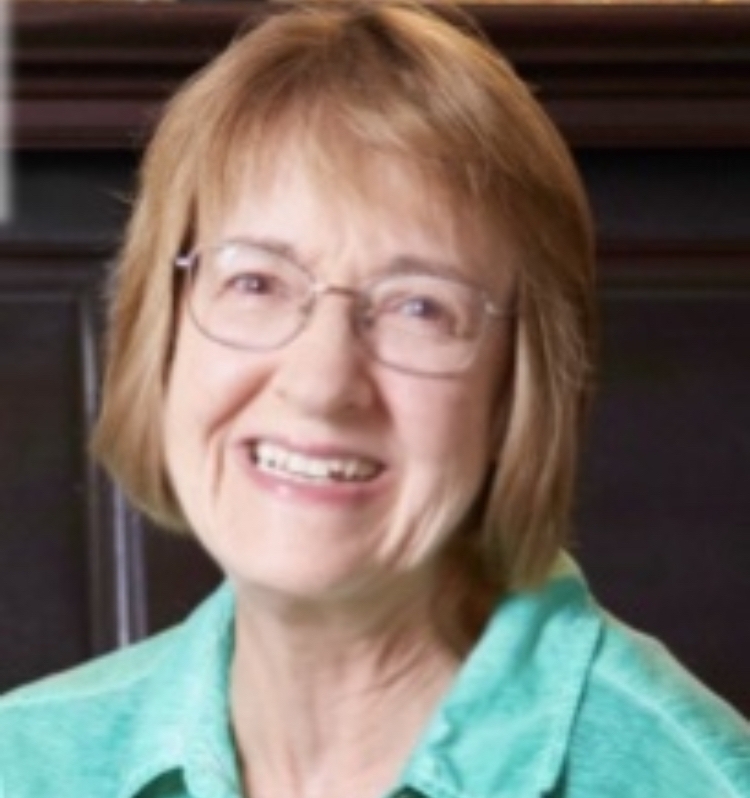 Marilyn Neault, PhD is a Research Patient Advocate with the Parkinson’s Foundation. She has “rewired” from a long and engrossing career in pediatric audiology, during which she directed Audiology programs at Boston Children’s Hospital and served as Assistant Professor of Otolaryngology at Harvard Medical School. She specialized in electrophysiological measures of hearing in infants and in programming cochlear implant devices. By 2004, symptoms appeared which were diagnosed in 2009 as Parkinson’s Disease. In the fall of 2016, she discovered quite by accident her new ability to compose piano music. When she retired in 2017, she joined a Parkinson’s chorus and dance exercise program. Her prior experience as a clinician and researcher in a different field helps to fuel her contributions as a patient advocate on the steering committee of the Parkinson’s Outcomes Project for the Parkinson’s Foundation, and as a member of the health literacy task force for the Multi-Regional Clinical Trial Center. Marilyn and her husband Norm live in Westwood, MA. They enjoy spending time online with their grandchildren in Albuquerque.
Marilyn Neault, PhD is a Research Patient Advocate with the Parkinson’s Foundation. She has “rewired” from a long and engrossing career in pediatric audiology, during which she directed Audiology programs at Boston Children’s Hospital and served as Assistant Professor of Otolaryngology at Harvard Medical School. She specialized in electrophysiological measures of hearing in infants and in programming cochlear implant devices. By 2004, symptoms appeared which were diagnosed in 2009 as Parkinson’s Disease. In the fall of 2016, she discovered quite by accident her new ability to compose piano music. When she retired in 2017, she joined a Parkinson’s chorus and dance exercise program. Her prior experience as a clinician and researcher in a different field helps to fuel her contributions as a patient advocate on the steering committee of the Parkinson’s Outcomes Project for the Parkinson’s Foundation, and as a member of the health literacy task force for the Multi-Regional Clinical Trial Center. Marilyn and her husband Norm live in Westwood, MA. They enjoy spending time online with their grandchildren in Albuquerque.![]() There is an increasing number of cancer types and subtypes that can manifest differently in patients based on multiple factors including co-morbidities and overall patient health. Customized, cross-disciplinary cancer care can help to optimize individual patient outcomes. Although healthcare professionals (HCPs), patients, and caregivers have tools available to them to help customize treatment plans for individual patients, they are not being universally implemented and more needs to be done to customize care. HCP evaluations involving patient-reported goals are not standardized and some patients are not comfortable, or able, to proactively engage in decisions around their care, which may further contribute to the problem. What can be developed to best support HCPs and patients to help them customize treatment plans that lead to optimal or better health outcomes? What can be done to help encourage consistent adoption of individualized treatment plans?
There is an increasing number of cancer types and subtypes that can manifest differently in patients based on multiple factors including co-morbidities and overall patient health. Customized, cross-disciplinary cancer care can help to optimize individual patient outcomes. Although healthcare professionals (HCPs), patients, and caregivers have tools available to them to help customize treatment plans for individual patients, they are not being universally implemented and more needs to be done to customize care. HCP evaluations involving patient-reported goals are not standardized and some patients are not comfortable, or able, to proactively engage in decisions around their care, which may further contribute to the problem. What can be developed to best support HCPs and patients to help them customize treatment plans that lead to optimal or better health outcomes? What can be done to help encourage consistent adoption of individualized treatment plans?
 Mobility has a significant impact on the overall health and quality of life of an individual. In fact, walking speed has been described as the sixth vital sign because it has been shown to predict health outcomes and mortality in older adults. Yet as our population ages, the number of people who may have mobility-limiting conditions is growing. These individuals are at greater risk for hospitalizations, falls, and medical complications. In the era of connected sensor technologies, digital assessment of functional performance based on response to therapy is possible, even outside of the clinic. How can we leverage connected technologies like wearables and smartphones to help improve patient care (e.g. diagnosis and management) and empower individuals to improve mobility and live independently? How can we determine what measures best endpoints that reflect a person’s function in day to day life? How can we ensure that such technologies are something that all patients feel comfortable and confident using regardless of the technologies they use daily, their literacy, and numeracy?
Mobility has a significant impact on the overall health and quality of life of an individual. In fact, walking speed has been described as the sixth vital sign because it has been shown to predict health outcomes and mortality in older adults. Yet as our population ages, the number of people who may have mobility-limiting conditions is growing. These individuals are at greater risk for hospitalizations, falls, and medical complications. In the era of connected sensor technologies, digital assessment of functional performance based on response to therapy is possible, even outside of the clinic. How can we leverage connected technologies like wearables and smartphones to help improve patient care (e.g. diagnosis and management) and empower individuals to improve mobility and live independently? How can we determine what measures best endpoints that reflect a person’s function in day to day life? How can we ensure that such technologies are something that all patients feel comfortable and confident using regardless of the technologies they use daily, their literacy, and numeracy?
![]()
One in five residents in America are expected to be 65 or older by 2030, growing to 21.7% of the population by 2040. In the past few months, the novel Coronavirus has exacerbated and brought to light many of the issues already faced by this rapidly growing segment of the population, demonstrating the need to improve healthcare for the elderly. What innovations would help increase adoption and use of technology among older adults, leading to the access of crucial services? Can we leverage remote monitoring tools to help detect and improve behavioral health in older adults? How can we use technology to lessen the burden of caregivers? In addition, getting older naturally increases one’s chances of developing cancer. What can be done to ensure that decisions about cancer care and treatment are driven by the overall health of the patient, rather than the age of the patient?
 Many people around the world are limited in their access to necessary healthcare services, thereby increasing their risk of poor health outcomes and serious complications. These barriers to healthcare are out of the patient’s control, largely stemming from economic disparities, lack of education, and lack of availability of services in their geographical area. The ongoing outbreak of the novel coronavirus causing COVID-19 has transformed the healthcare world, highlighting the need for improved methods to deliver healthcare services. How can we work for underserved and affected populations to deliver basic healthcare needs? What simple technologies can be set up to introduce easily accessible clinical care at minimal cost, particularly for those who have developed healthcare needs during the pandemic or have reservations about going into the hospital during the pandemic? Can we improve access to continuing care to individuals who are unable to make it to their closest hospital? This track will work together to ensure broader access to care for individuals during and after the COVID-19 pandemic – introducing ways to circumvent economic and geographical barriers.
Many people around the world are limited in their access to necessary healthcare services, thereby increasing their risk of poor health outcomes and serious complications. These barriers to healthcare are out of the patient’s control, largely stemming from economic disparities, lack of education, and lack of availability of services in their geographical area. The ongoing outbreak of the novel coronavirus causing COVID-19 has transformed the healthcare world, highlighting the need for improved methods to deliver healthcare services. How can we work for underserved and affected populations to deliver basic healthcare needs? What simple technologies can be set up to introduce easily accessible clinical care at minimal cost, particularly for those who have developed healthcare needs during the pandemic or have reservations about going into the hospital during the pandemic? Can we improve access to continuing care to individuals who are unable to make it to their closest hospital? This track will work together to ensure broader access to care for individuals during and after the COVID-19 pandemic – introducing ways to circumvent economic and geographical barriers.
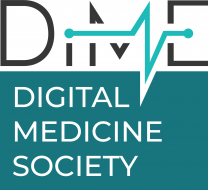

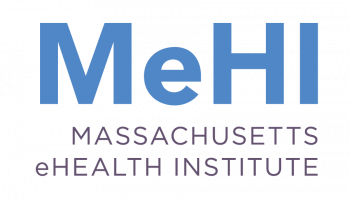

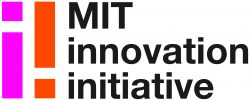



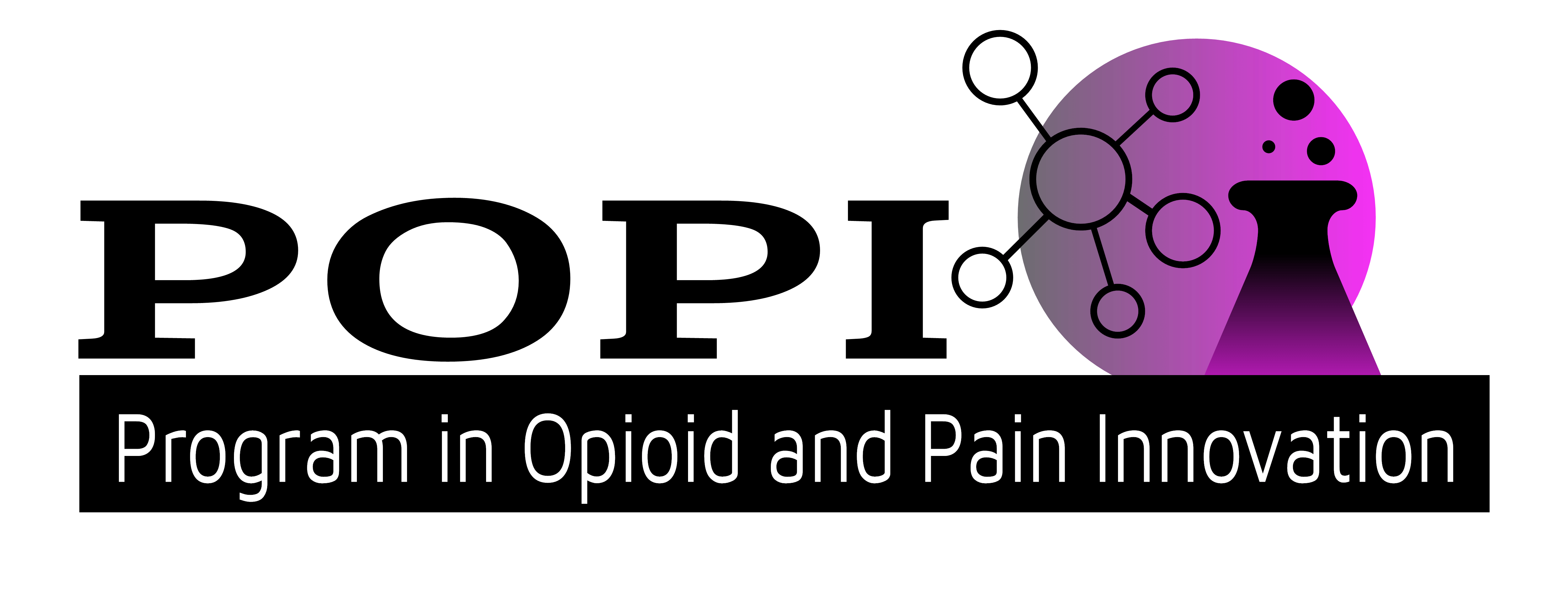

Schedule subject to change. Check back regularly for more details! All times in ET.
Time, Event Details
7:00 PM, Event kickoff – Opening presentations
8:45 PM, Breakout participant pitching session
9:45 PM, Team formation
10:00 PM, Friday events end
Time, Event Details
8:00 AM, Mentors Available
12:00 PM, Team Registration
1:00 PM, Pulse Checks
1:00 PM, Sponsor Workshops
7:00 PM, Practice Pitches
10:00 PM, Formal event ends
Time, Event Details
8:00 AM, Mentors Available
9:00 AM, Practice Pitches
12:00 PM, Final Slides Due
1:00 PM, Final Presentations (3 min presentations + 2 min Q&A)
4:00 PM, Judge Deliberations
5:00 PM, Prize Presentation
5:30 PM, Event ends
© 2024 MIT Hacking Medicine.
